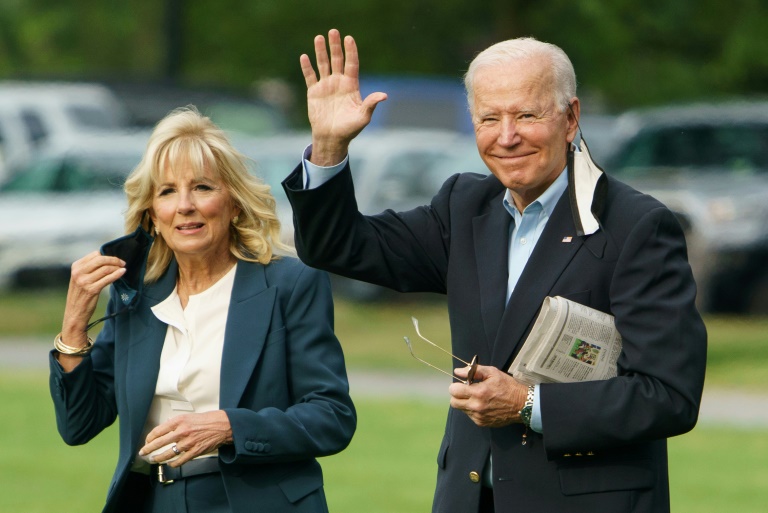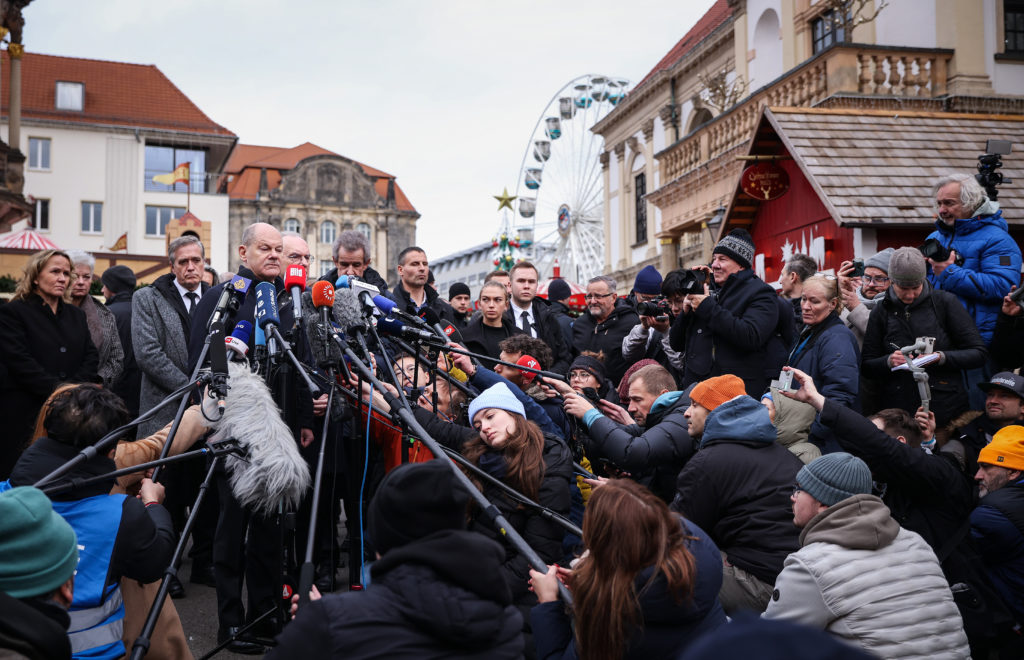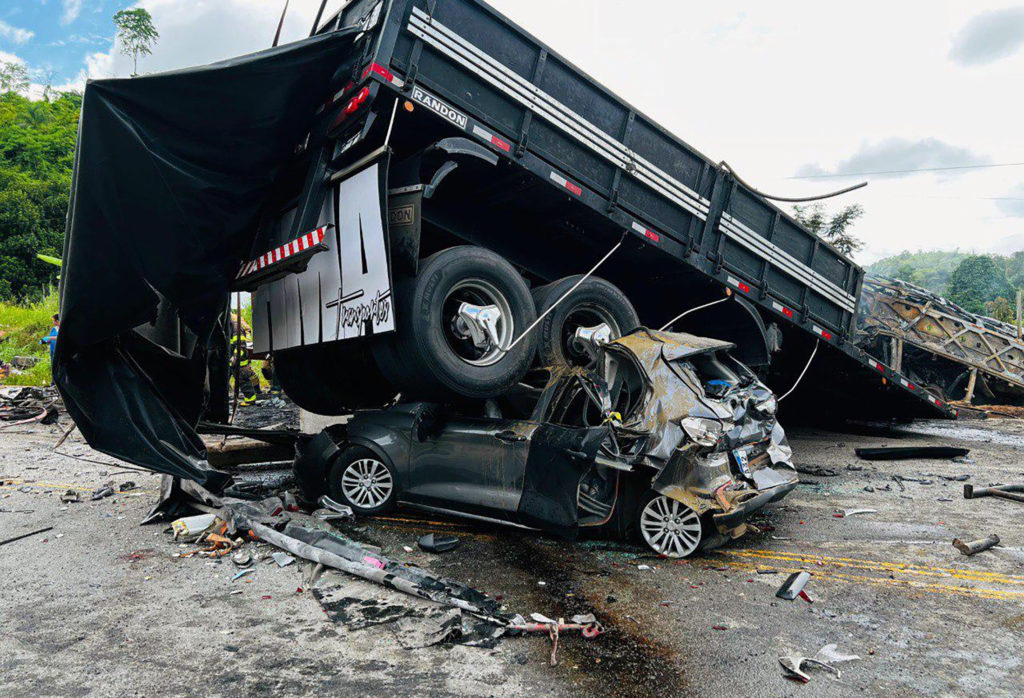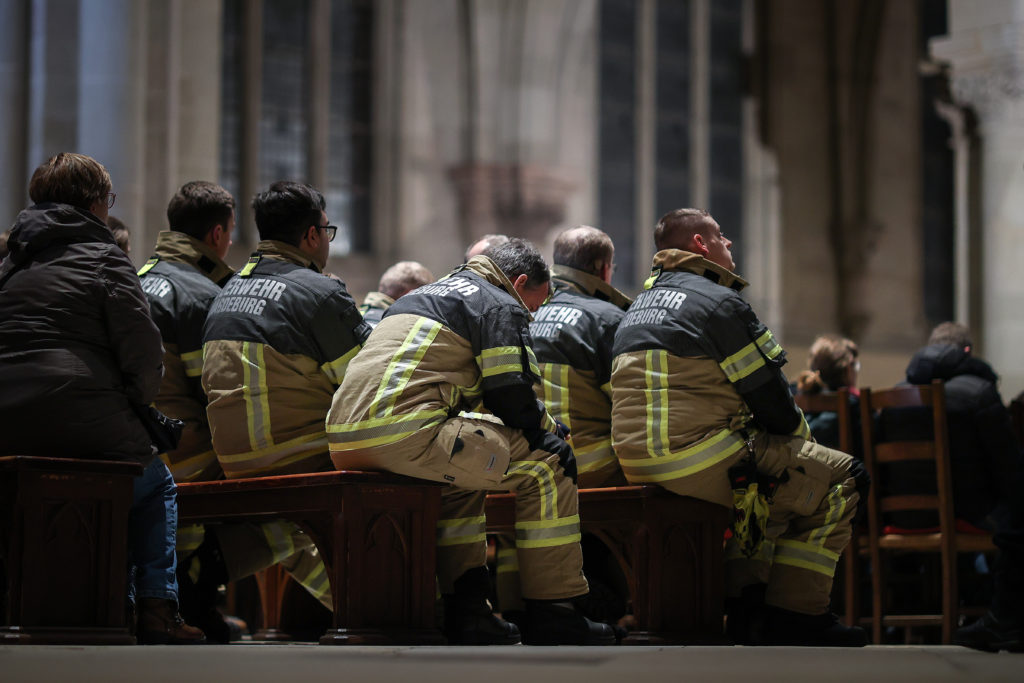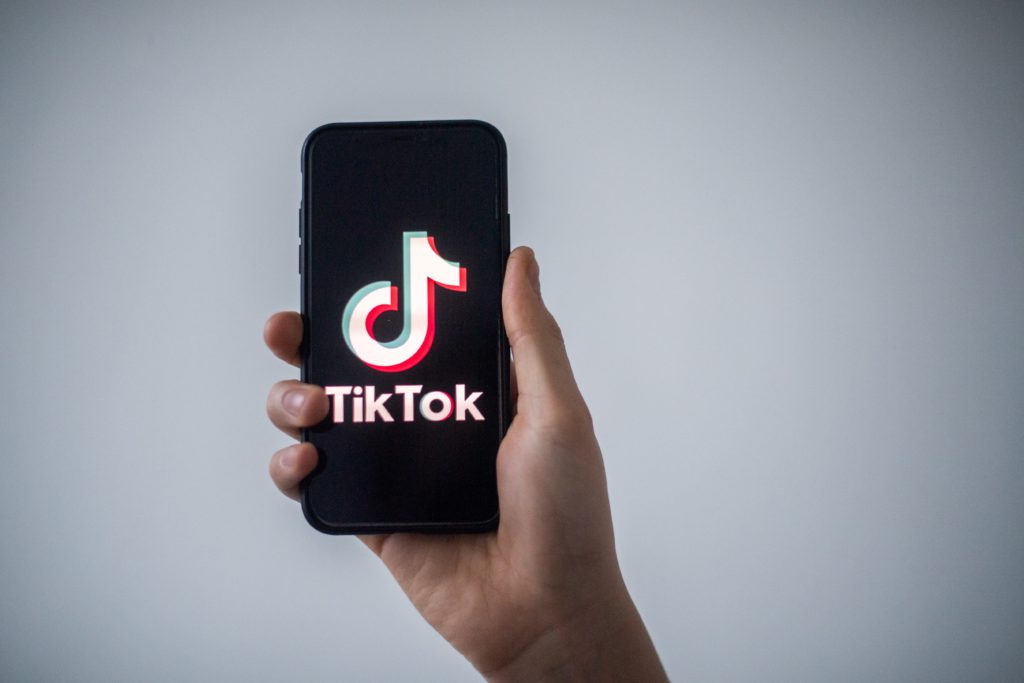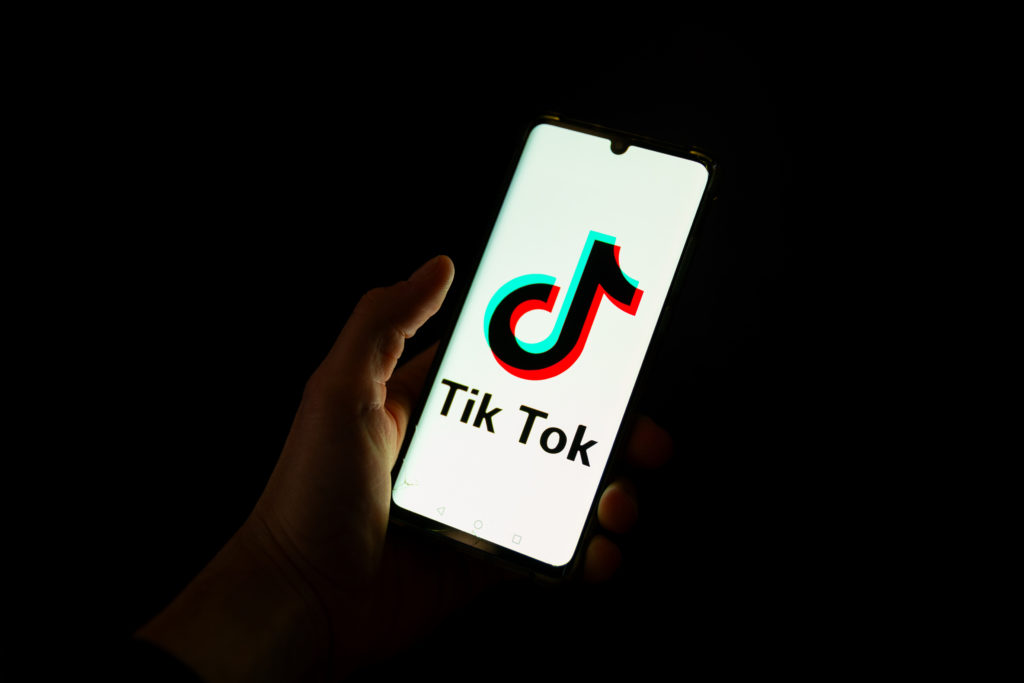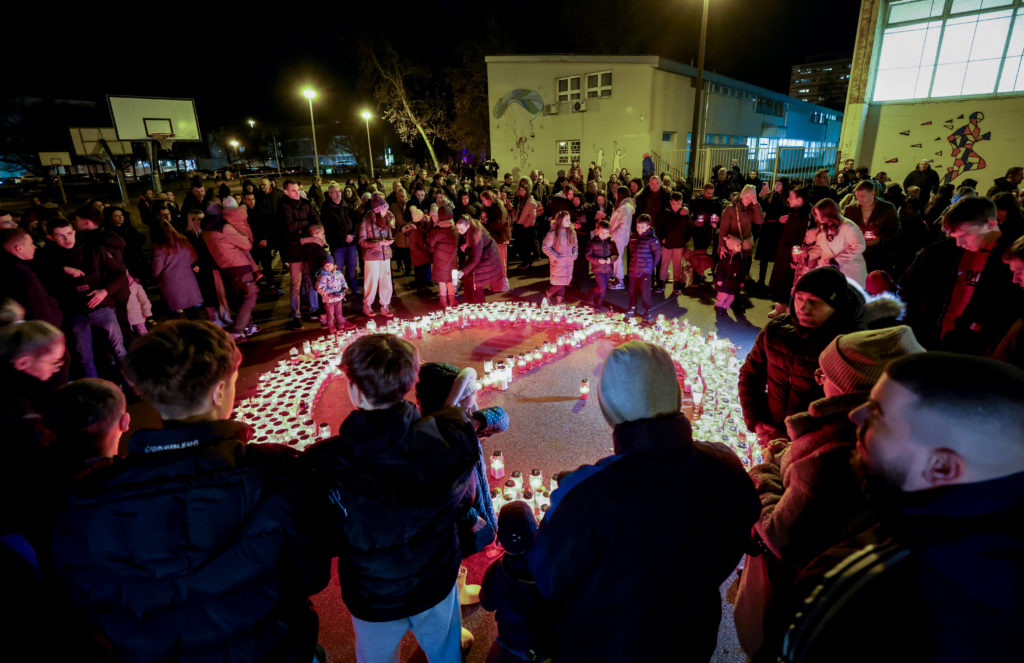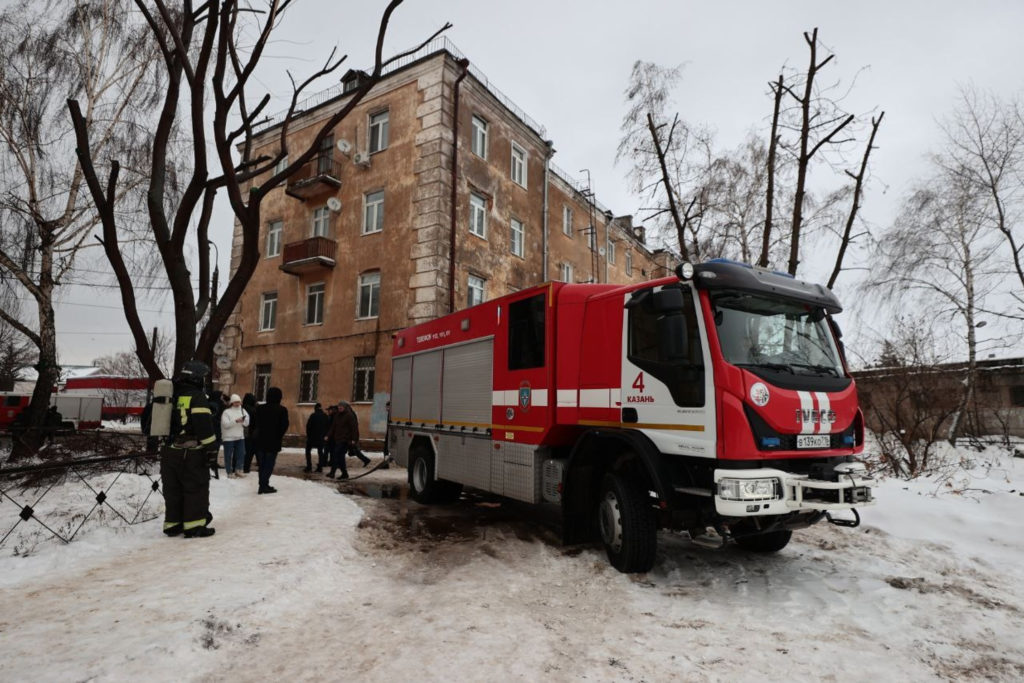Joe Biden left on the first foreign trip of his presidency Wednesday, touting the strong transatlantic alliance ahead of summits with G7, European and NATO partners, then a face-to-face with Russia’s Vladimir Putin.
Boarding Air Force One outside Washington, Biden said his trip would make “clear to Putin and China that Europe and the United States are tight.”
The 78-year-old president was headed first to Britain for a G7 summit in a Cornish seaside resort from Friday to Sunday.
From there, in rapid succession, he will visit Queen Elizabeth II at Windsor Castle, fly to Brussels for summits with the NATO military alliance and the European Union, then finish up in Geneva, where he meets Putin next Wednesday.
The Biden-Putin summit looks set to be held in a plush villa overlooking Lake Geneva, given the security lockdown zone announced there Wednesday.
With the world still crawling out from under the wreckage of Covid-19, Biden has cast his diplomatic marathon as a return to badly needed US leadership.
But beyond the immediate challenges of boosting vaccine donations to poorer regions and reinvigorating post-pandemic economies, Biden’s agenda features the even bigger task of shoring up a somewhat-tattered group of democracies against Russia and China.
“This is a defining question of our time,” Biden wrote in The Washington Post ahead of his trip.
Biden’s pitch marks a return to traditional US diplomacy after four years during which Donald Trump flirted with autocrats and recast multilateralism as a dirty word.
US allies are looking for concrete signs of change.
As Biden departed Washington, the European Union trade commissioner, Valdis Dombrovskis, called on “the US to walk the talk” when it comes to resolving lingering Trump-era trade disputes.
Shortly after his departure, the White House revoked executive orders issued by Trump seeking to ban Chinese-owned mobile apps TikTok and WeChat over national security concerns.
The Trump administration effort prompted a series of legal challenges which delayed attempts to ban or force the sale of the applications, heightening tensions between Washington and Beijing.
– Avoiding ‘chaos’ –
For now, Biden is accentuating the feel-good factor, repeating the mantra “America is back.”
That’s a message that the trip’s choreography, with Biden meeting a Who’s Who of US allies before sitting down with Putin, reinforces.
“He will go into this (Putin) meeting with the wind at his back,” National Security Advisor Jake Sullivan said.
As he boarded his plane, Biden jokingly warned journalists to “watch out for cicadas,” saying one of the insects currently invading the Washington area had just landed on him. Earlier, a separate plane carrying White House journalists was delayed due to technical problems caused by a cicada swarm.
Weighter problems await Biden on the other side of the Atlantic.
The Biden administration sees the pivot back from Trump’s isolationism as vital to world order. The alternative to US leadership, according to Secretary of State Antony Blinken, is China taking over or “chaos.”
Still reeling from Trump shock, European partners may eye Biden’s vows with skepticism — and not just on trade disputes.
There was friction last month when Washington blocked French attempts at the United Nations to demand a ceasefire between Israel and Hamas in Gaza. Biden’s ramping up of vaccine donations around the world also follows what critics saw as a long period of hoarding.
Biden’s meeting on the sidelines of NATO with Turkish President Recep Tayyip Erdogan promises to be especially prickly.
Biden has irked Erdogan, a sometimes Trump ally, by highlighting Turkey’s dire human rights situation and recognizing the Ottoman Empire’s genocide against the Armenians. Washington risks “losing a precious friend,” Erdogan has warned.
– ‘More stable?’ –
Expectations for the Putin summit are so low that simply making US-Russian relations “more stable” would be considered a success, Blinken and other White House officials say.
The White House sees the extension of the New START nuclear arms treaty in February as an example of where business can be done. Biden also needs the Kremlin to make progress with Iran, which is close to Russia.
The list of tensions, however, is far longer.
Biden blames Russia for the massive SolarWinds cyber-attack, election interference, and at the very least harboring criminals behind ransomware attacks against the vital Colonial fuel pipeline and the US subsidiary of Brazilian meatpacking giant JBS.
Biden will also press Putin about sabre-rattling on the Ukrainian border, the imprisonment of opponent Alexei Navalny, and his support for Alexander Lukashenko, the Belarussian strongman who forced a Ryanair airliner to land in Minsk, then arrested an opponent on the flight.
It’s a long to-do list for the US president on his first foreign trip.
But Press Secretary Jen Psaki said that with decades in the Senate and eight years as vice president under Barack Obama, Biden has done his homework.
“He’s been getting ready for 50 years,” she said.

